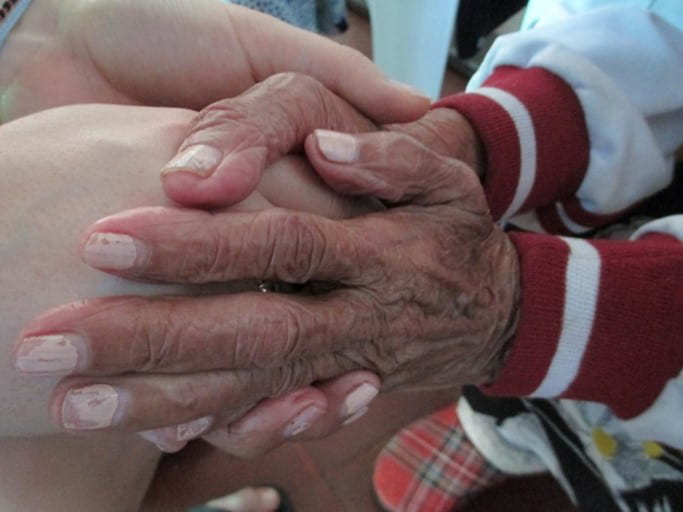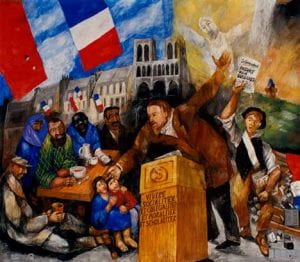
The Catholic tradition names Saint Vincent de Paul the patron saint of charity. While today the term “charity” is sometimes caricatured as a Band-Aid approach to addressing social problems, the effective charity demonstrated by Vincent and Louise in seventeenth-century France, and the effective charity of the Vincentian family today, calls for a radically different understanding.
The word “charity” derives from the Latin term, caritas, which denotes a generous and self-giving love.[1] During their lifetimes, both Vincent and Louise “vigorously called upon charity as an indispensable source of power to confront the poverty and injustice of their day.”[2] Indeed, charity provided a way of resisting the dictates of the state, which, as a result of the “War of Great Confinement,” criminalized those who were poor and forbade begging as well as almsgiving.[3] Yet, through their ministry, Vincent and Louise refused to discount the dignity of those who were poor. Instead, they demonstrated an effective charity that went far beyond mere philanthropic efforts to alleviate need. They focused on developing meaningful relationships with those to whom they ministered, whom much of society had shunned. Such connections allowed them to “build a parallel and contradictory world of charity”[4] that acknowledged right relationship and was shaped by the power of the human encounter.
To this day, this kind of effective charity continues to inspire Vincentian social institutions, which focus not only on addressing the immediate needs of those who are disenfranchised, but root themselves in accompaniment and the construction of meaningful transformative relationships. Such institutions equally commit themselves to calling society to justice and working for systemic change.
Frédéric Ozanam, one of the principal founders of the Society of Saint Vincent de Paul, described the complementary nature of charity and justice in the following way: “The order of society is based on two virtues: justice and charity. However, justice presupposes a lot of love already, for he needs to love a man a great deal in order to respect his rights, which limit our rights, and his liberty, which hampers our liberty. Justice has its limits whereas charity knows none.”[5]
So from a Vincentian perspective, rather than charity being dismissed as a lesser form of justice, effective charity should be understood as a complement to justice in effectuating social change.[6] From a Vincentian perspective, effective charity must lead to effective justice.
In what ways do you see evidence of the Vincentian traditions of effective charity and justice in your work at DePaul? How does this description of effective charity challenge your own understanding of charity?
Reflection by: Siobhan O’Donoghue, Ph.D., Faculty and Staff Engagement Director, Mission and Ministry
[1] Mark Laboe, “Connecting Charity with Justice,” The Way of Wisdom (blog), 24 August 2020, https://blogs.depaul.edu/dmm/2020/08/24/connecting-charity-with-justice/.
[2] Craig B. Mousin, “Vincentian Leadership—Advocating for Justice,” Vincentian Heritage 26:1 (2005): 263, https://via.library.depaul.edu/vhj/vol26/iss1/14.
[3] Edward R. Udovic, C.M., “Caritas Christi Urget Nos: The Urgent Challenges of Charity in Seventeenth-Century France,” Ibid. 12:2 (1991): 86, https://via.library.depaul.edu/vhj/vol12/iss2/1/.
[4] Ibid., 102.
[5] Pierre Pierrand et al., Ozanam, Husband and Father, Champion of Truth and Justice, Lover of the Poor, Founder of the Society of St. Vincent de Paul (Albagraf, Pomeezia Italy: 1997), 35.
[6] Mousin, “Vincentian Leadership—Advocating for Justice,” 263.


